Jon Howard Appleton (born January 4, 1939) is an American composer and teacher who was a pioneer in electro-acoustic music. His earliest compositions in the medium, e.g. "Chef d'Oeuvre" and "Newark Airport Rock" (1967) attracted attention because they established a new tradition some have called programmatic electronic music. In 1970 he won Guggenheim, Fulbright and American-Scandinavian Foundation fellowships. When he was twenty-eight years old he joined the faculty of Dartmouth College where he established one of the first electronic music studios in the United States. He remained there intermittently for forty-two years. In the mid-1970s he left Dartmouth to briefly become the head of Elektronmusikstudion (EMS) (sv) in Stockholm, Sweden. In the late 1970s, together with Sydney Alonso and Cameron Jones he helped develop the first commercial digital synthesizer called the Synclavier. For a decade he toured around the United States and Europe performing the compositions he composed for this instrument. In the early 1990s he helped found the Theremin Center for Electronic Music at the Moscow Conservatory of Music. He has also taught at Keio University (Mita) in Tokyo, Japan, CCRMA at Stanford University and the University of California Santa Cruz. In his later years he has devoted most of his time to the composition of instrumental and choral music in a quasi-Romantic vein which has largely been performed only in France, Russia and Japan.
0
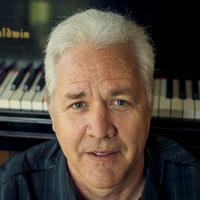
Chris Brown
American composer, pianist and electronic musician
1

Gene Martynec
Canadian musician
2

Tod Dockstader
American composer
3

Morton Subotnick
American neo-classical composer and avant-garde electronic musician
4

Neil Rolnick
American musician
5

Ben Neill
American trumpeter
6

Erling Wold
American composer
7
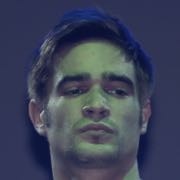
Jon Hopkins
English electronic musician and producer
8

Dick Raaymakers
Dutch composer
9

David Tudor
American pianist and composer
10

Jean Ven Robert Hal
Composer, performer, music producer
11

Chester Conn
American composer of popular music and music publisher
12

Maggi Payne
American composer and musician
13
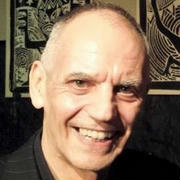
Richard James Burgess
English studio drummer, music-computer programmer, recording artist, record producer, composer, author, manager, marketer and inventor
14
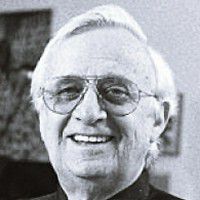
Gershon Kingsley
American composer and musician
15

Douglas Lilburn
New Zealand composer
16

Suzanne Ciani
Italian American composer and musician
17
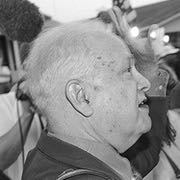
Richard Barrett
British composer
18

Vangelis
Greek musician and composer of electronic, progressive, ambient, jazz, and orchestral music
19

Éliane Radigue
French musician and composer
20

Craig Walsh
American composer
21
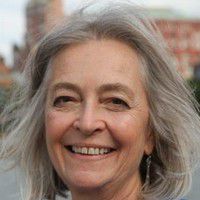
Joan La Barbara
singer and composer



